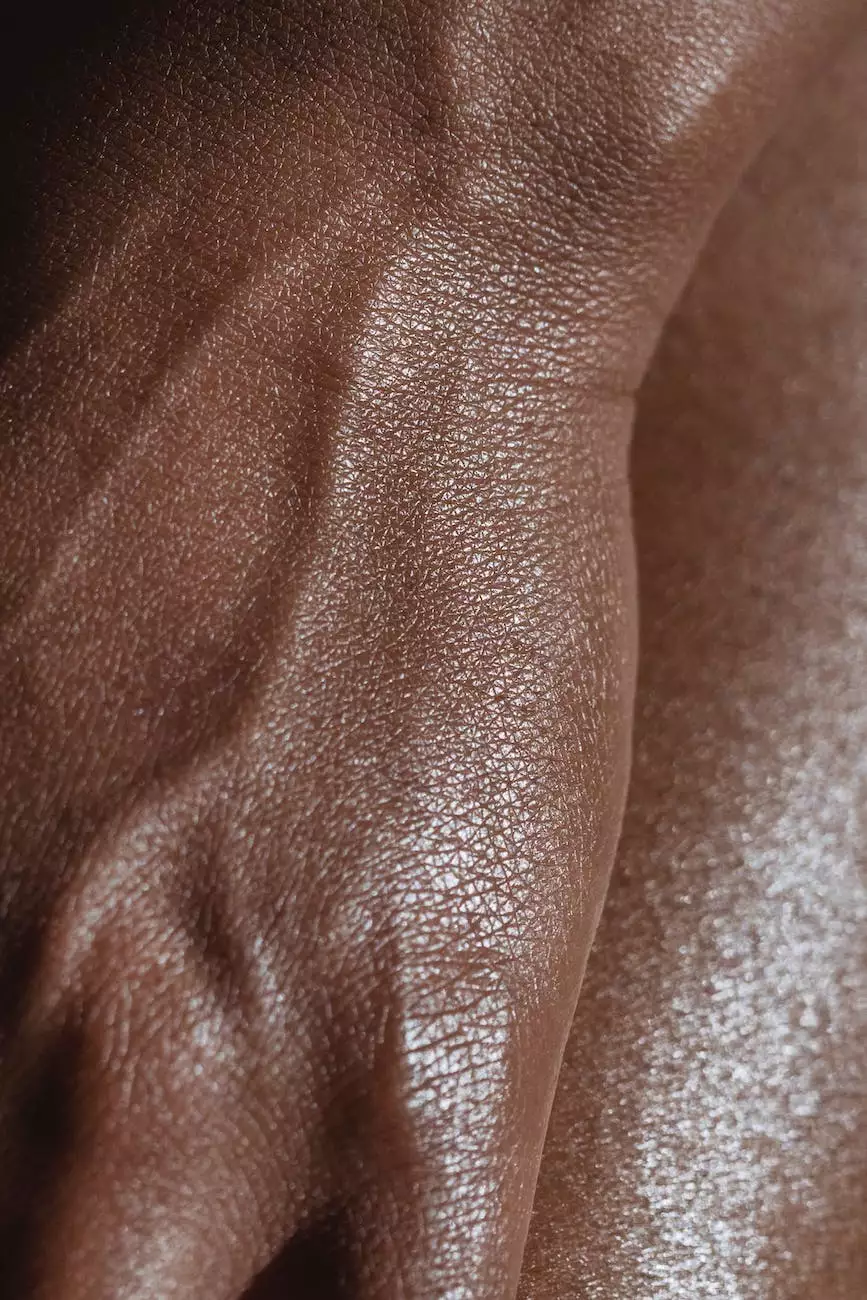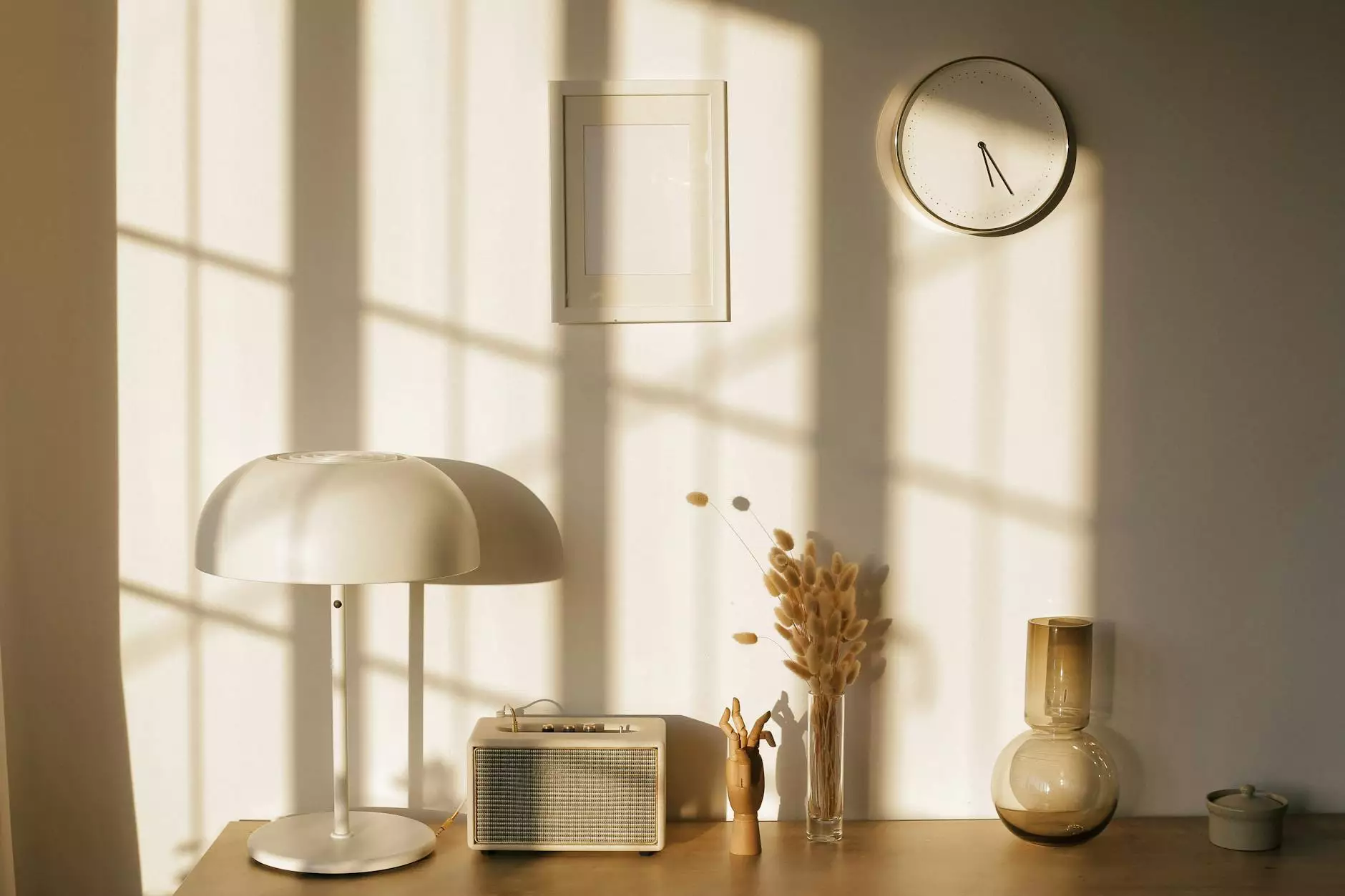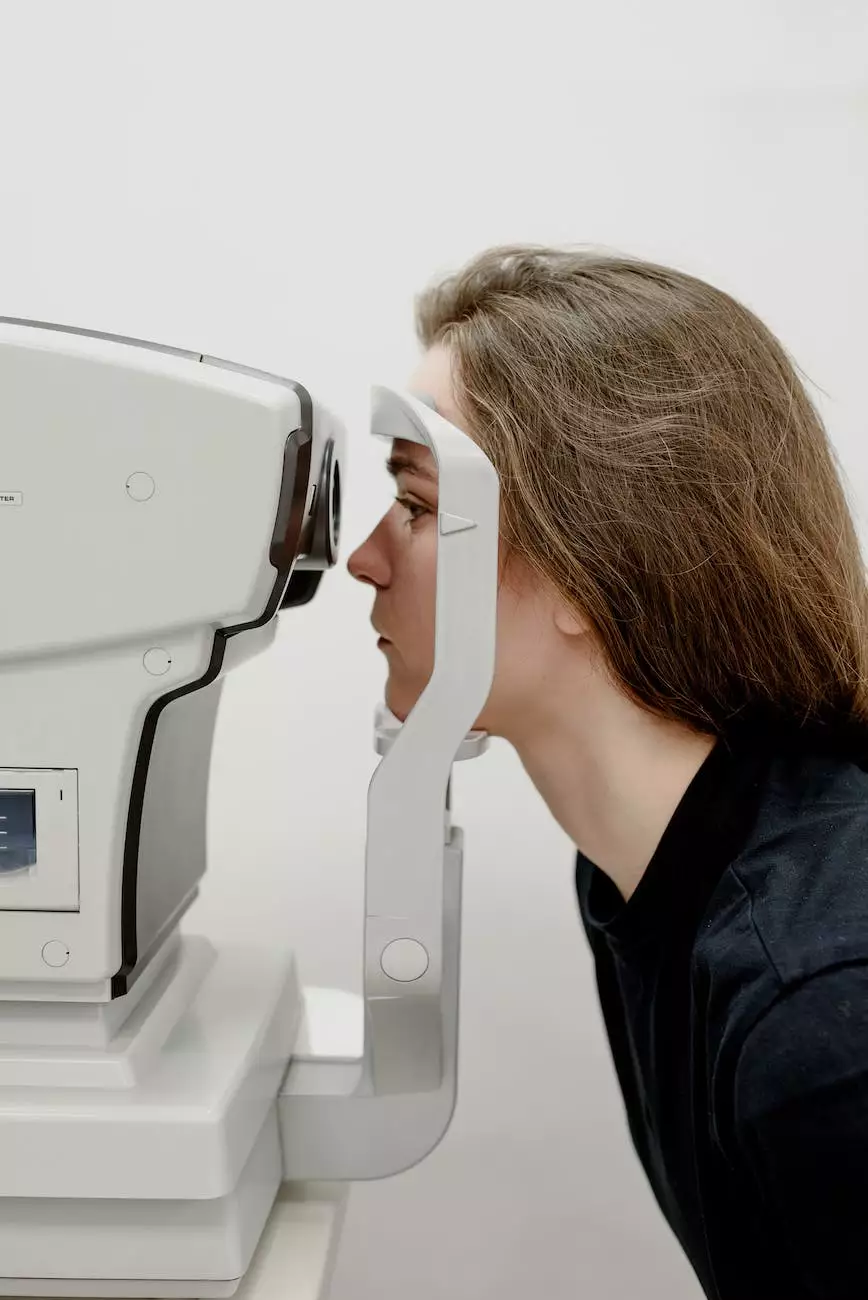Daily 'Light Therapy' May Help Some With Bipolar Disorder
Blog
At Bowling Orthopaedics, we understand the importance of effective treatments for bipolar disorder. One treatment option gaining attention in recent years is daily light therapy. This non-invasive technique involves exposure to specific wavelengths of light to help regulate mood and alleviate depressive symptoms. In this comprehensive guide, we explore the effectiveness, benefits, and techniques of light therapy for individuals with bipolar disorder.
Understanding Bipolar Disorder
Bipolar disorder is a mental health condition characterized by extreme shifts in mood, energy, and activity levels. Individuals with bipolar disorder experience episodes of mania, characterized by elevated mood, increased energy, and impulsive behavior, as well as episodes of depression, characterized by a persistent feeling of sadness, low energy, and loss of interest in activities. It is a complex condition that affects millions of people worldwide.
The Role of Light Therapy in Bipolar Disorder Treatment
Light therapy, also known as phototherapy, is a treatment technique that utilizes specific wavelengths of light to regulate biological rhythms and improve mood. It has been primarily used to treat seasonal affective disorder (SAD) and sleep disorders, but emerging research suggests its potential benefits for individuals with bipolar disorder.
Effectiveness of Light Therapy for Bipolar Disorder
Recent studies have shown promising results regarding the effectiveness of light therapy in managing bipolar disorder symptoms. Light therapy, when used in combination with traditional medications and psychotherapy, can help stabilize mood, reduce depressive episodes, and improve overall well-being in individuals with bipolar disorder.
Benefits of Daily Light Therapy
There are several benefits of incorporating daily light therapy as part of a comprehensive treatment plan for bipolar disorder:
- Mood Regulation: Light therapy helps regulate the body's internal clock, known as the circadian rhythm, which plays a crucial role in mood regulation.
- Reduces Depressive Symptoms: Exposure to bright light can alleviate depressive symptoms by boosting serotonin levels, a neurotransmitter associated with mood regulation.
- Enhances Sleep Quality: Light therapy can improve sleep patterns, helping individuals with bipolar disorder maintain a stable sleep-wake cycle.
- Non-Invasive and Safe: Daily light therapy is a non-invasive treatment option without any significant side effects, making it a desirable alternative to medication.
Light Therapy Techniques for Bipolar Disorder
When considering light therapy for bipolar disorder, it is important to implement specific techniques to maximize its effectiveness. Here are some key techniques:
Timing:
Establishing a regular daily routine with consistent timing for light exposure is essential. Experts recommend exposure to bright light in the morning to enhance mood and energy levels throughout the day.
Light Intensity:
The intensity of light used in therapy is measured in lux. It is crucial to use a lightbox that emits at least 10,000 lux for effective treatment. Placement of the lightbox should be such that the light enters the eyes indirectly.
Duration of Exposure:
The duration of light exposure depends on individual needs and tolerance. Typically, starting with 10-15 minutes of light exposure and gradually increasing the duration over time provides optimal results.
Consistency:
Consistency is key when undergoing light therapy. Daily exposure to bright light, preferably at the same time each day, improves the efficacy of the treatment.
Consulting a Professional
Although light therapy shows promise as an adjunctive treatment for bipolar disorder, it is essential to consult a healthcare professional before implementing it into your treatment plan. A healthcare professional experienced in treating bipolar disorder can provide personalized guidance and recommend the most appropriate approach for your specific needs.
At Bowling Orthopaedics, we prioritize the well-being of our patients. If you or your loved one is dealing with bipolar disorder, our team of experts is here to support you. Contact us today to schedule a consultation or to learn more about how light therapy can be incorporated into your comprehensive bipolar disorder treatment plan.










